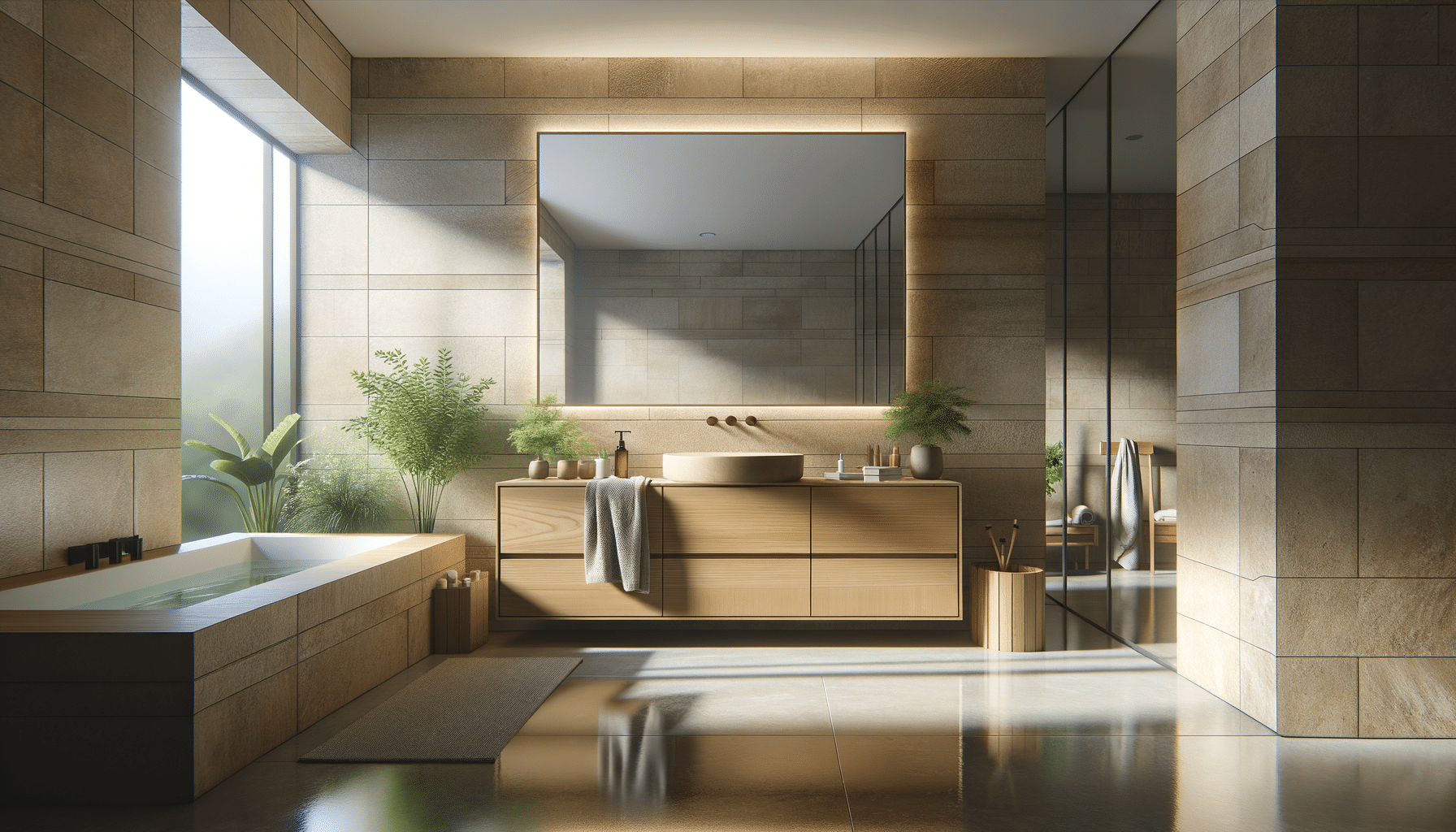
Smart Lighting Solutions: Ambiance and Efficiency
Exploring the potential of smart lighting solutions can revolutionize both the ambiance and energy efficiency of your home. As these systems become more sophisticated, they offer innovative ways to enhance our living spaces while reducing energy consumption.
Smart lighting has emerged as a key player in the arena of smart home technology. Offering both convenience and energy savings, these systems are transforming how we illuminate our spaces. According to a report from the International Energy Agency, smart lighting can cut energy use by up to 50%, making it an attractive option for eco-conscious homeowners.
The Appeal of Smart Lighting
Smart lighting systems allow for unprecedented control over your home’s illumination. Imagine adjusting the brightness or color of your lights with a simple voice command or a tap on your smartphone. This capability not only creates a desired ambiance but also contributes to energy efficiency by ensuring lights are used only when needed.
Expert Insights
Dr. Emily Johnson, an expert in sustainable technology, notes, “The integration of smart lighting solutions is a step towards achieving a sustainable home environment. By customizing lighting schedules and dimming options, households can significantly reduce their carbon footprint.”
Benefits of Smart Lighting
| Feature | Benefit |
|---|---|
| Remote Control | Manage lights from anywhere using mobile apps. |
| Energy Efficiency | Reduces electricity bills and environmental impact. |
| Customization | Adjust color and brightness to suit moods and occasions. |
| Integration | Works seamlessly with other smart home devices. |
| Automation | Set schedules and scenes for convenience. |
| Security | Enhance home security with automated lights. |
| Cost Savings | Lower energy costs over time. |
| Comfort | Enhance ambiance and comfort with personalized settings. |
Real-Life Example
Consider the case of Michael, a homeowner who integrated smart lighting into his home. By setting up schedules and utilizing motion sensors, Michael noticed a 40% reduction in his energy bill within the first year. His home is not only more efficient but also more secure, as lights automatically turn on at dusk, deterring potential intruders.
Actionable Tips for Implementing Smart Lighting
- Start small by replacing traditional bulbs with smart bulbs.
- Use smart plugs to control existing lamps and fixtures.
- Integrate with voice assistants for hands-free control.
- Explore options for motion sensors to automate lighting.
Conclusion
Smart lighting solutions offer a blend of ambiance and efficiency that is hard to beat. By integrating these systems into your home, you can enjoy a more comfortable living environment and lower energy bills. As technology advances, the possibilities with smart lighting are only set to grow, making it a wise investment for the future.
FAQs
What is smart lighting?
Smart lighting refers to a lighting system that can be controlled remotely and automated for convenience and efficiency.
How does smart lighting save energy?
Smart lighting saves energy by allowing precise control over when and how lights are used, reducing unnecessary usage.
Can smart lighting work with other smart devices?
Yes, smart lighting can integrate with other smart home devices for a cohesive smart home experience.
Is smart lighting difficult to install?
Most smart lighting solutions are designed for easy installation, often requiring no special wiring.


